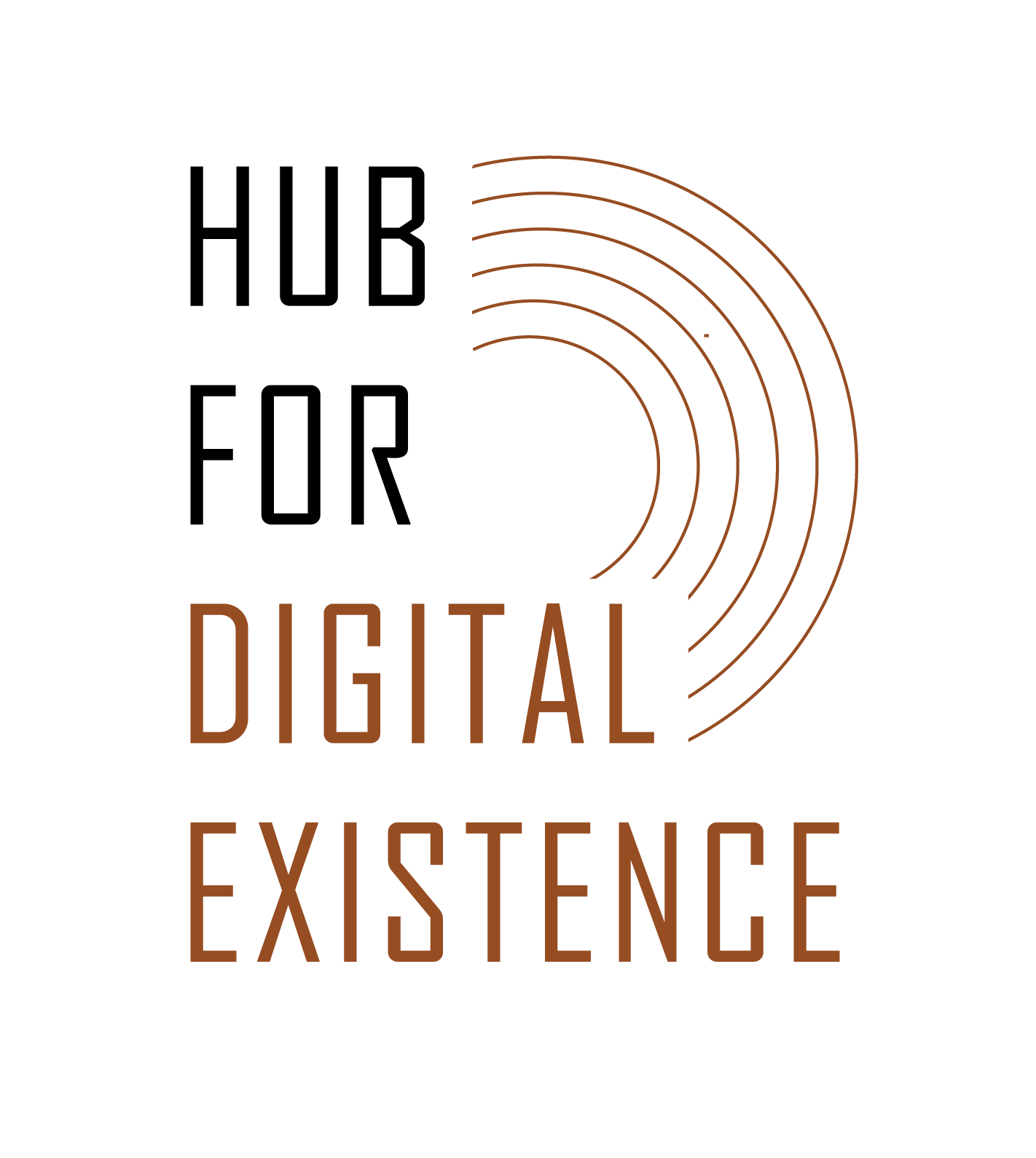Submit to the special collection of Memory, Mind and Media (Cambridge University Press) on AI and Memory. Co-edited by Andrew Hoskins, Anthony Downey and Amanda Lagerkvist.
We are proud to announce the launch of the first Special Journal Collection on AI and MEMORY with Andrew Hoskins’ agenda setting article, AI and Memory.
We now welcome pioneering proposals in the emergent Field of AI Memory Studies for publication in this collection in the Gold Open Access Cambridge Journal of Memory, Mind & Media.
This collection is launched at a tipping point in the development of AI and related technologies and services, which heralds emerging sites of contestation between humans and computers in the shaping of reality. Large language models (LLMs) scrape vast amounts of so-called ‘publicly available’ data from the internet, thus enabling new ways for the past—for individuals and societies alike—to be represented and reimagined at an unprecedented scale. This epochal shift from human reliance to dependency on smart or web-based technologies and networks for imagining the past has, from the early part of this century, come to define the terms of our basic sociality, interpersonal relationships, education, everyday communications, and work practices.
However, the 2020s are ushering in the new capacity of Generative AI and supported services to deliver on the much heralded yet undelivered promise made of digital technologies and media. More recently, these developments have been focused on so-called Agentic AI, or systems that display the characteristics of autonomy, intentionality, and models of independent decision-making. These emergent forces increasingly bring the past into the orbit of machinic oversight and control. This apparent realisation of a once fictional and hypothetical prophecy, that of a total memory, is likewise driven by an all-encompassing drive to archive and code life itself.
A key concern here is in how AI and, in particular, Generative and Agentic AI are both transformative of and a threat to individual agency over the remembering and forgetting of the past. These pasts, increasingly produced through an array of devices and services that we devote ourselves to recording the details and minutiae of our lives, is made ‘accessible’ through AI-generated programs that bury the origins, selections and orderings of memory in opaque data networks. In this way, the operative logic of AI and its generative capacity is realising new pasts without our consent.
The same processes involved in the scraping of the internet, alongside the repurposing and reengineering of data through chatbots and other tools, also remodel and reimagine the domains and the interplay between individual cognitive remembering—not to mention forgetting—and the outside world: between, that is, memory ‘in the head’ and ‘in the wild’ (Barnier & Hoskins 2018).
With most technological advances that somewhat analogously replace or augment human practices, much of the debate today concerns whether technology is the issue, or the people, companies, organisations, regulatory bodies, and systems tasked with its development, application and selling. The tension we describe here is symptomatic of a wider social, political, and scientific debate around the implications of using AI technology to augment and extend personal and collective human experiences, productive capacities and—specifically in relation to the focus of this collection—the event of remembering and forgetting.
We likewise observe here that the underlying principle of anticipation, or prediction, is foundational to the development of AI and its relentless archiving of the past (in the form of data patterns) in order to forecast the future. To this end, any discussion of AI and memory is not solely about the past—which is and remains invariably contested—as it is about how we will encounter, understand and engage with the future.
More info here:
https://www.cambridge.org/core/journals/memory-mind-and-media


